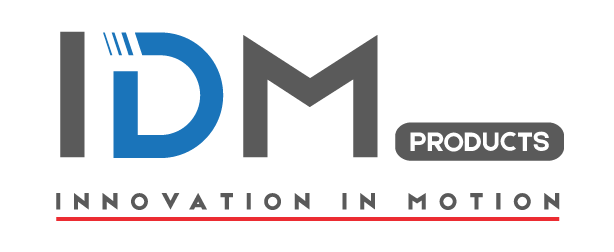The ever-evolving landscape of global commerce presents a compelling case for exploring emerging markets. While established players offer stability, regions like Southeast Asia and Africa boast a potent combination: thriving economies, cost advantages, and access to untapped consumer bases. However, this exciting proposition demands a nuanced approach, as these dynamic territories come with unique challenges that require careful consideration.
The Powerhouse Potential
- Exponential Growth: Emerging economies are the engine driving global growth, contributing nearly 60% of global GDP increase. Countries like Vietnam and India are rapidly building industrial capacity, offering attractive manufacturing costs and a skilled workforce.
- Untapped Consumer Power: A burgeoning middle class in these regions signifies a vast, eager market waiting to be explored. Businesses have the opportunity to establish brand loyalty early on in these developing consumer landscapes.
- Resource Rich Havens: Emerging markets are often home to abundant natural resources, creating exciting possibilities for companies seeking to diversify their sourcing strategies and secure a stable supply chain.
Beyond Cost Savings: A Strategic Shift
- Optimizing Costs: Lower labor and operational costs in emerging markets allow companies to achieve significant cost efficiencies. This can improve profit margins and make them more competitive in the global marketplace.
- Market Diversification: Expanding into emerging markets mitigates risk by reducing dependence on established markets. This diversification strategy safeguards against potential disruptions in any single region.
- Innovation Hubs: Emerging economies are hotbeds for innovation, with many countries prioritizing investment in technology and infrastructure. Partnering with local players can give businesses access to cutting-edge solutions.
Navigating the Labyrinth: Challenges and Considerations
- Regulatory Labyrinth: Understanding the complexities of regulations in emerging markets is paramount. Businesses need to navigate trade policies, intellectual property laws, and labor practices that may differ significantly from established markets.
- Infrastructure Hurdles: Logistics infrastructure like transportation networks and power grids might not be as developed as in established markets. Careful assessment and contingency plans are crucial for ensuring smooth operations.
- Political and Economic Volatility: Currency fluctuations and sudden policy changes can threaten operational continuity and profitability. Close monitoring of the political and economic climate is essential for informed decision-making.
Building Bridges, Not Walls: The Cultural Imperative
- Developing Cultural IQ: Building strong relationships in emerging markets requires an understanding of local customs and business practices. Investing in cultural awareness training fosters effective communication and trust with local partners.
- Embrace Transparency: Implementing clear communication channels and reporting procedures within your organization fosters trust internally and discourages fraudulent activity.
- Building Trustworthy Partnerships: Partnering with reputable local companies with a proven track record minimizes risk and provides valuable insights into the market. Look for partners who share your commitment to ethical practices.
Guarding the Gates: Mitigating Fraud Risk
- Know Your Partner (KYP) Meticulously: Emerging markets necessitate a more rigorous due diligence process. Go beyond standard checks by independently verifying company registrations, financial statements, and references.
- Data, Your Trusted Ally: Utilize data analytics tools to identify suspicious patterns in invoices, payments, and shipping records. Flagging anomalies can help thwart fraudulent attempts before they cause damage.
- Cybersecurity: The Unsung Hero: Emerging markets may have varying levels of cybersecurity infrastructure. Implement robust security protocols to protect your data and financial systems from cyberattacks.
- Zero Tolerance for Fraud: Create a culture of integrity within your organization by establishing a clear zero-tolerance policy for fraudulent activity and empowering employees to speak up.
- Local Expertise, Global Advantage: Partnering with anti-fraud specialists with a deep understanding of the specific emerging market offers invaluable insights and risk mitigation strategies.
The Road Ahead: A Calculated Leap
Emerging markets offer a captivating blend of opportunities and challenges. By carefully assessing the potential rewards, meticulously planning for risks, and prioritizing ethical and responsible practices, companies can navigate these dynamic landscapes successfully. This calculated leap can unlock significant competitive advantages and solidify their position in the ever-evolving global supply chain.
Ready to take the plunge? Carefully consider these key points and embark on a journey of growth and exploration in the exciting frontiers of emerging markets.

